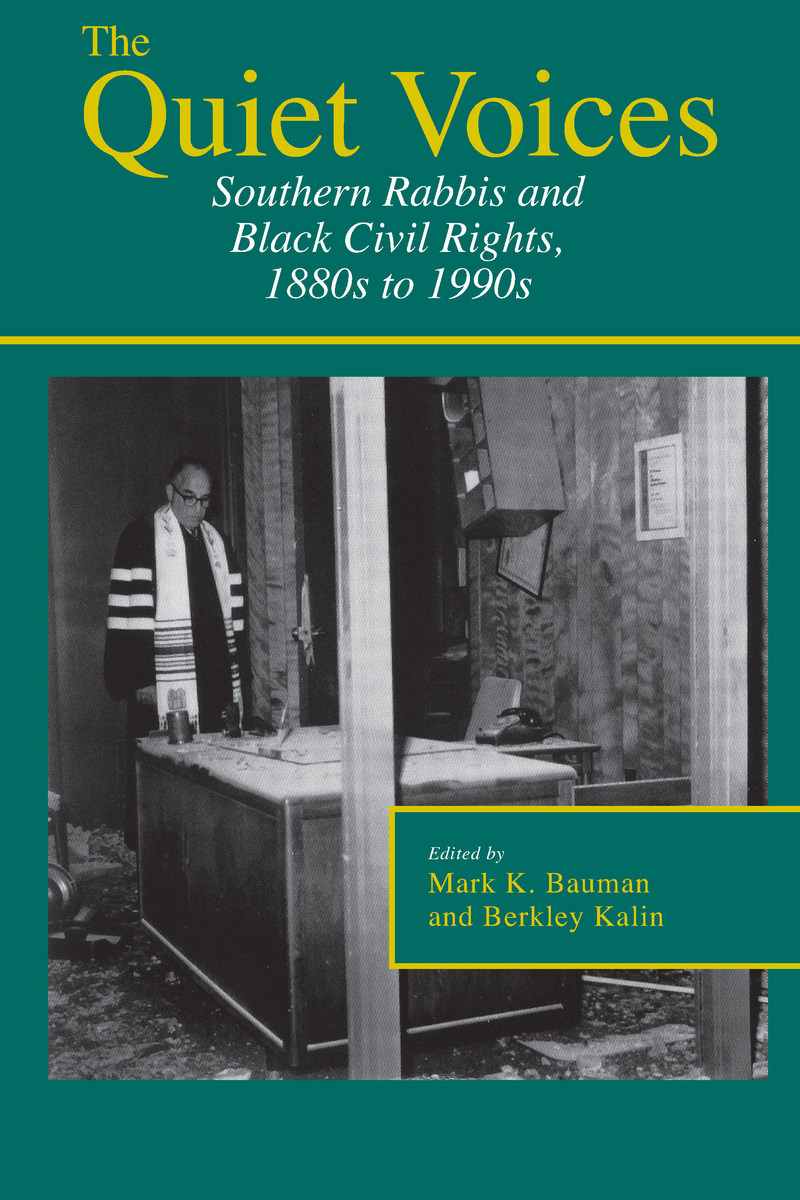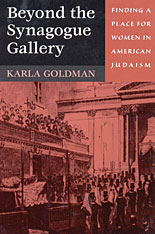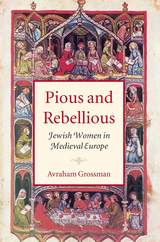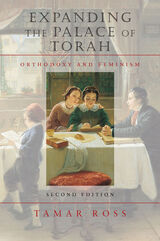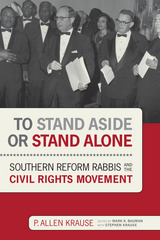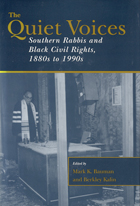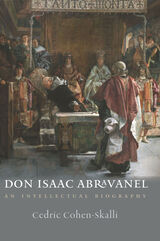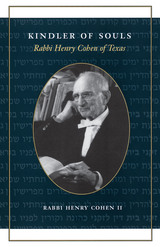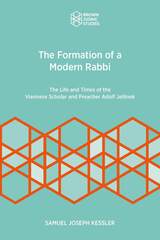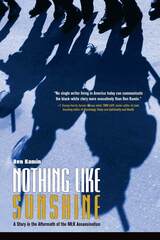Cloth: 978-0-8173-0892-6 | Paper: 978-0-8173-5429-9 | eISBN: 978-0-8173-8683-2
Library of Congress Classification BM750.Q85 1997
Dewey Decimal Classification 323.119607300883
These wide-ranging essays reveal the various roles played by southern rabbis in the struggle for black civil rights since Reconstruction
The study of black-Jewish relations has become a hotbed of controversy, especially with regard to the role played by Jewish leaders during the Civil Rights movement. Did these leaders play a pivotal role, or did many of them, especially in the South, succumb to societal pressure and strive to be accepted rather than risk being persecuted? If some of these leaders did choose a quieter path, were their reasons valid? And were their methods successful?
Individually, each essay offers a glimpse into both the private and public difficulties these rabbis faced in their struggle to achieve good. Collectively, the essays provide an unparalleled picture of Jewish leadership during the civil rights era.
See other books on: 1880s | 1990s | Civil rights workers | Rabbis | Relations with Jews
See other titles from University of Alabama Press
